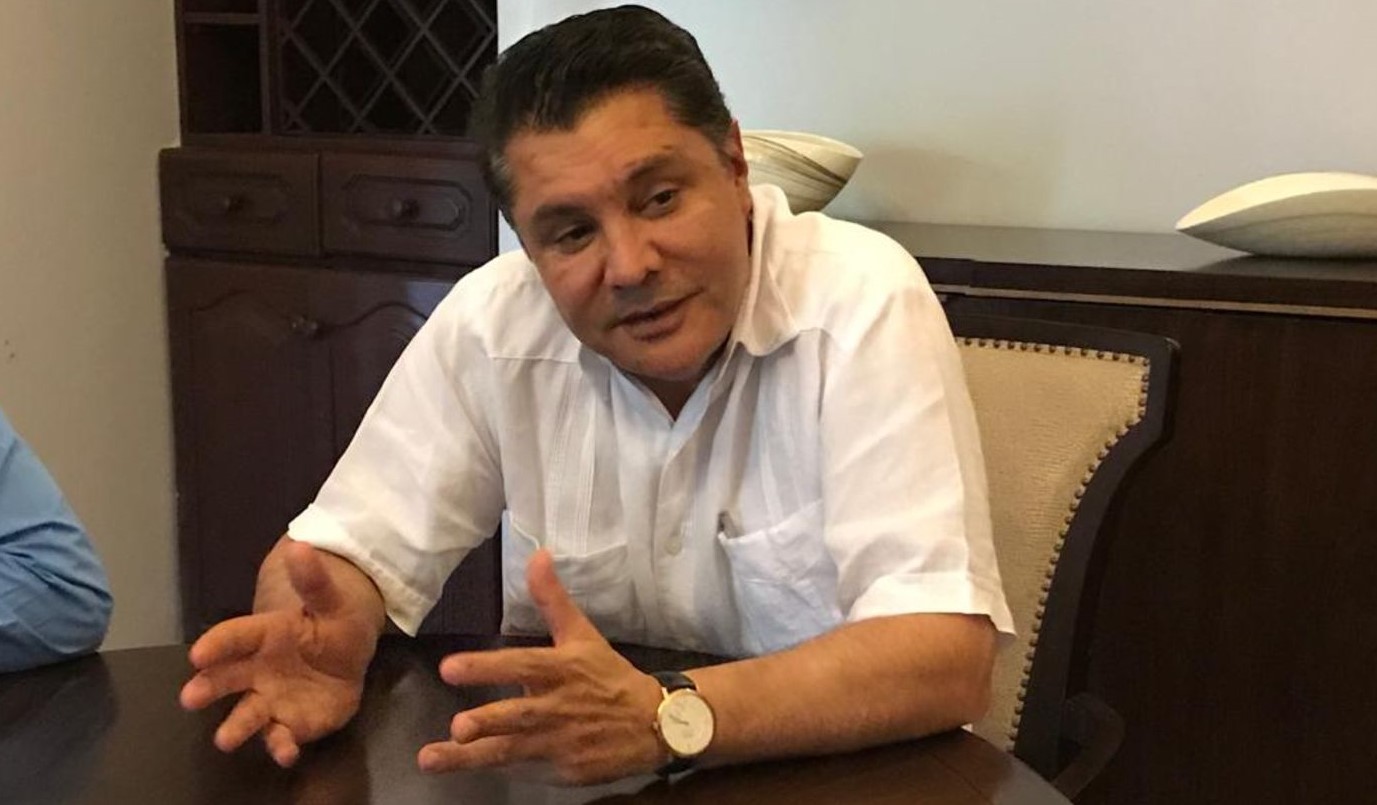Snail shells for poor women’s survival

Women at Kuruaki Village in Butiama District gather snail shells from a pond near Lake Victoria. The shells are an important raw material for making chicken feed. photo | beldina nyakeke
What you need to know:
They say they have no alternative, but to collect the shells, which are widely used in the market for making chicken feed. And after toiling in the scorching sun the whole day, they finally end up selling 100 kilogrammes of the shells to Mwanza businessmen at only Sh4,000.
Butiama. Women at Kuruwaki Village in Butiama District, Mara Region are at risk of contracting waterborne diseases such as bilharzia and diarrhoea because their survival relies on digging snail shells found in contaminated ponds, it has been learnt.
They say they have no alternative, but to collect the shells, which are widely used in the market for making chicken feed. And after toiling in the scorching sun the whole day, they finally end up selling 100 kilogrammes of the shells to Mwanza businessmen at only Sh4,000.
The women say that currently they face acute shortage of food due to the climate change, a situation that forces them to depend on crops that they buy from other villagers. Persistent hunger facing their area is what has forced them to join the risky business.
One of them, Ms Naomi Yohana, says they usually start work at 6 in the morning and leave the area at 6pm.
“There is no any other means to get food. Selling shells doesn’t pay much, but we have no option,” she says. “It is a very difficult and painful job to fill one bag,” she adds.
Another villager, Ms Pili Manyasi, echoed similar sentiments that they are forced to collect shells, as the only option to save their lives.
“We spend most of our time in dirty water searching for the shells. Over the years, our husbands, who engage in fishing, don’t catch enough for our families,” she says.
Ms Manyasi urges authorities to come to their rescue by providing them with capital and training to engage in other decent businesses.
“You can’t imagine, we spend the whole day here and end up earning Sh4000. This money is not enough to support our families. Food prices have tripled,” she says.
The fear of being attacked by deadly animals like snakes is another thing which makes their work risky and more challenging.
“As you know, we wake up early in the morning and sometimes we encounter snakes in the area,” she says.
Chairman of Emwara area at Kurwaki Village, Mr Juma Kingi, said the women’s working conditions were unhygienic and risky.



